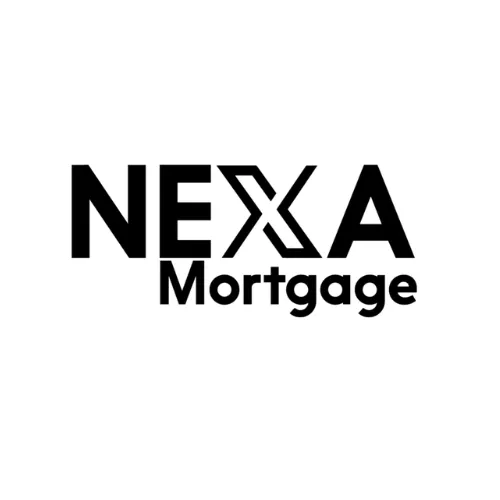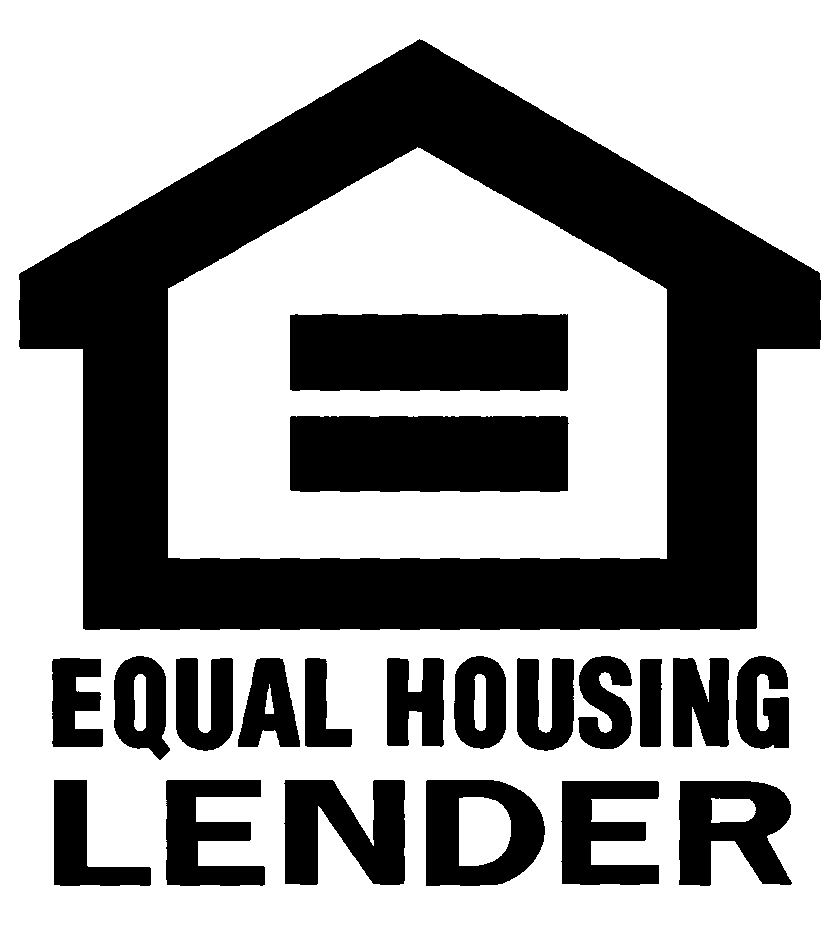
Explore Our Loan Programs
"I offer access to virtually every loan option available, and if there's a specific program you're interested in, I can help secure it swiftly. This broad selection ensures that I can guide you toward a loan that aligns with your financial goals, budget, and timeline, all with clear terms and no hidden surprises.
Below is a sample of some of the programs we provide. My role is to equip you with the necessary information to make informed decisions, and if your first choice isn't the perfect fit, we'll explore other options that closely match your needs.
Ready to explore your options and discover potential savings? Schedule your free consultation today, and let's work together to find the right loan for you."
Traditional Loan Programs
Conventional Loans
These are standard loans not backed by the government, ideal for borrowers with strong credit, stable income, and a solid down payment. They offer competitive interest rates and flexible terms, making them popular for primary residences and investment properties.
FHA Loans
FHA loans are beneficial for individuals with lower credit scores and/or low down payment. They provide down payment options as low as 3.5% and flexible underwriting.
Small Call to Action Headline
Are a Fantastic benifit for veterans, active-duty military, and eligible spouses. These loans often require no down payment and don't charge private mortgage insurance(PMI), making them affordable and accessible option for those who have served.
Jumbo Loans
Designed for financing luxury homes or properties in high-cost areas, jumbo loans exceed the conforming loan limits set by Fannie Mae and Freddie Mac. They typically require higher credit scores, larger down payments, and sometimes higher income levels.
Variable Rate Mortgages
ARMs offer a lower fixed interest rate for an initial period (e.g., 5, 7, or 10 years) before adjusting periodically based on market conditions. They are suitable for borrowers planning to sell or refinance before the adjustment period begins.
High Balance Mortgages
These loans are for borrowers in high-cost areas where home prices exceed conforming loan limits but fall below the threshold for jumbo loans. They offer similar benefits to conventional loans but with slightly higher loan amounts.
Specialized Loan Programs
FHA 203(k) Loans
This program allows homebuyers to finance both the purchase and renovation of a property with a single loan. It’s ideal for buying fixer-uppers, as it covers the cost of repairs and improvements, rolled into the mortgage.
Reverse Mortgage
A powerful financial tool for homeowners aged 62 and older, allowing them to convert their home equity into cash without the burden of monthly mortgage payments. The loan is repaid when the home is sold, the homeowner moves out, or passes away. With flexible options like a lump sum, monthly payments, or a line of credit, reverse mortgages offer significant financial flexibility during retirement. They can also be utilized for purchasing a new home or refinancing an existing mortgage, making them a
versatile option for senior homeowners.
HUD 184 Loans
Specifically for Native American and Alaskan Native homebuyers, these loans offer flexible underwriting and low down payment options. The program is designed to help these communities achieve homeownership with favorable terms.
Doctor Loans
Tailored for medical professionals like doctors, dentists, and veterinarians, these loans consider future earning potential rather than current income. They often require little to no down payment and do not include PMI, even with lower down payments.
100% FHA Down Payment Assistance (DPA) Loans
FHA loans that include down payment assistance, covering the entire down payment through grants, second mortgages, or other programs. These loans help low-to-moderate-income borrowers achieve homeownership without needing significant upfront cash.
Down Payment Assistance (DPA) Loans
Programs that provide grants, second mortgages, or other forms of assistance to help cover down payments for eligible borrowers. These loans make homeownership more accessible by reducing the upfront costs associated with purchasing a home.
All-in-One Loans
This innovative loan combines a mortgage with a checking account, allowing borrowers to reduce their principal balance faster by applying everyday income directly to the loan. Interest is calculated on the remaining balance, which can lead to significant savings over time.
Self Employed and Non Traditional Income
Profit and Loss (P&L) Loans
These loans qualify self- employed borrowers based on their business’s profit and loss statements rather than traditional income documentation. They are suitable for those who may have inconsistent income but a profitable business.
Asset Depletion Loans
These loans can be helpful for self employed, retired, or individuals earning minimal to no income, but has liquid assets. Lenders calculate a borrower’s ability to repay the
loan by depleting a portion of their assets over time, rather than relying on traditional income verification.
Bank Statement Loans
Designed for self-employed borrowers, these loans use bank deposits as proof of income instead of traditional tax returns or pay stubs. This option is ideal for those with fluctuating income or significant business expenses that reduce taxable income.
Stated Income Loans
Loans for borrowers who cannot provide traditional income verification, often due to self-employment or other non-traditional income sources. Lenders accept stated income without requiring full documentation, with higher interest rates and stricter terms.
Investment and Renovation Loan Programs
Debt Service Coverage Ratio (DSCR) Loans
Investment loans that qualify borrowers based on the property’s income rather than personal income. Lenders look at the rental income relative to the mortgage payment,
making it ideal for investors with multiple properties or those relying on rental income.
Fix & Flip Loans
Short-term loans specifically for real estate investors looking to buy, renovate, and quickly resell properties. These loans focus on the after-repair value (ARV) of the property,
providing the funds needed to cover both the purchase and renovation costs.
Cross Collateral Loans
Investors can use multiple properties as collateral to secure financing for additional real estate purchases. This type of loan is useful for those looking to leverage their existing
equity to expand their portfolio.
Hard Money Loans
These are short-term, asset-based loans often used by real estate investors for quick purchases or renovations. Hard money lenders focus more on the property’s value than the borrower’s credit, allowing for faster approval and funding.
420 Income Loans
Mortgage programs designed for individuals employed in the cannabis industry. These loans offer specialized underwriting to account for the unique income and documentation challenges in this growing sector.
Commercial and Small Business Loans
Commercial Loans
Used for purchasing or refinancing income- producing commercial properties, such as office buildings, retail centers, or multi-family housing. These loans are evaluated based on the property’s income potential rather than the borrower’s personal income.
SBA Loans
Backed by the Small Business Administration, SBA loans are designed for small businesses, offering long repayment terms, competitive interest rates, and lower down payments. They can be used for various business needs, including real estate acquisition and working capital.
Specialized Property Loans
Small Call to Action Headline
These loans cover both the construction of a new home and the permanent mortgage in one transaction, with a single closing. This simplifies the process and can save money on closing costs, ideal for those building a custom home.
Land/Lot Loans
For purchasing undeveloped land or lots, these loans offer various financing options depending on whether the land will be used for immediate construction, future development, or investment. Terms can vary based on the property’s location and intended use.
Farm/Ranch Loans
Designed for the purchase, refinance, or improvement of agricultural properties, these loans often include special terms to support the unique needs of farmers and ranchers. They can cover everything from land acquisition to equipment financing.
Manufactured Home Loans
Financing for manufactured or mobile homes, whether on leased land or a permanent foundation. These loans often have specific requirements for the type of home, the land it’s on, and the borrower’s credit profile.
Mixed-Use Property Loans
Financing for properties that combine residential and commercial spaces, such as a storefront with apartments above. These loans consider both the residential and commercial aspects of the property, with specialized terms based on the mixed-use nature.
SPEC Loans
Financing for speculative home building, where the builder constructs a home without a specific buyer lined up. These loans are often used by developers or builders who have experience in the market and can manage the risks associated with speculative construction.
HELOC ,HELOAN and Bridge Loan Programs
40-Year Term Loans
Extended mortgage terms that offer lower monthly payments by spreading the loan over 40 years. While the payments are lower, borrowers will pay more interest over the life of the loan, making it suitable for those needing lower payments in the short term.
Second Mortgages
Additional loans taken out on a property that already has a mortgage. Second mortgages can be used for home improvements, debt consolidation, or other expenses, offering a way to tap into home equity without refinancing the first mortgage.
HELOC & HELOAN
Home Equity Line of Credit (HELOC) and Home Equity Loan (HELOAN) options allow homeowners to borrow against their home’s equity. HELOCs offer revolving credit with flexible withdrawal options, while HELOANs provide a lump sum with fixed terms.
Buy Before Sell
Is a short-term financing solution that lets homeowners purchase a new property before selling their current one. It bridges the gap by using the equity from the existing home to secure the loan, enabling buyers to make competitive offers without waiting for their old home to sell. Ideal for those who want to avoid the stress of timing two transactions.
Licensed In: Idaho and Washington
NMLS # 2492587
Corporate Address : 5559 S Sossaman Rd Building 1 #101, Mesa, AZ 85212
NEXA Mortgage LLC.
www.nexamortgage.com
NMLS #1660690
AZMB #0944059
An Equal Housing Lender All Rights Reserved.


